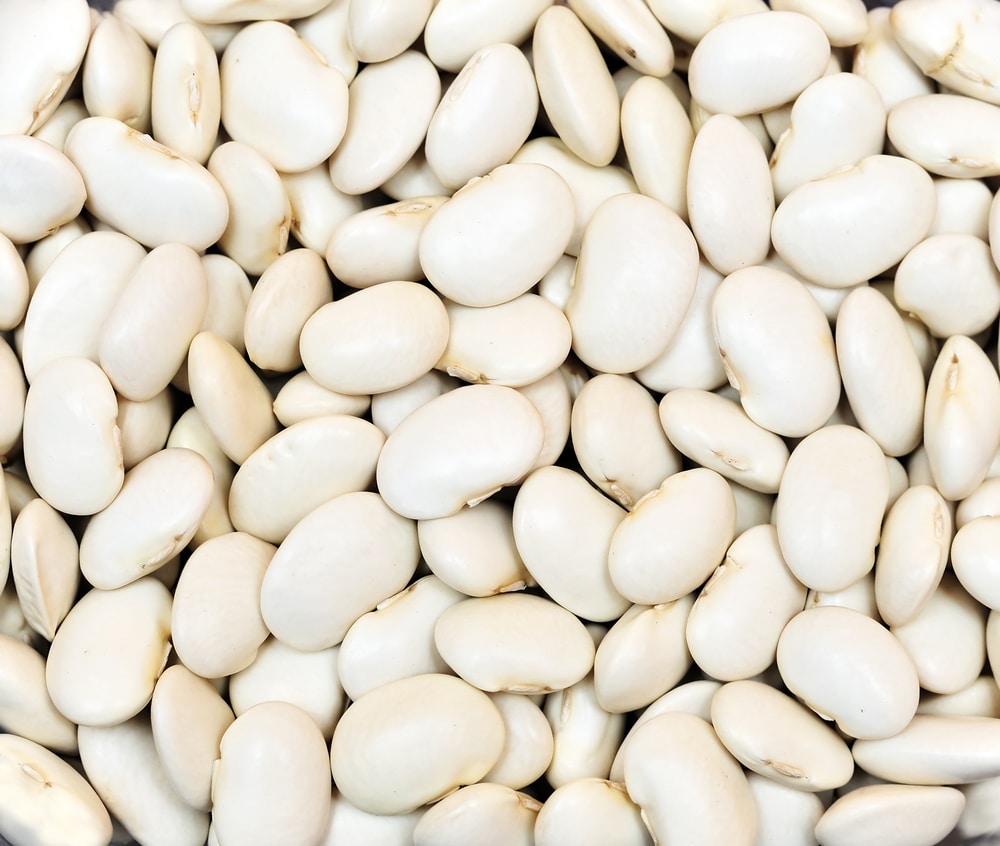Staying healthy as you get older is as much about mental health as it is about physical. A sharp, healthy mind can play as much of a role in a person’s quality of life as their mobility and general physical well-being. Often the two go hand-in-hand.
Many older adults, unfortunately, neglect their cerebral health. Below are some easy and meaningful ways to maintain a healthy brain as you age.
Play Word and Board Games
Your verbal intelligence and ability to express yourself is something you need to work on if you want them to remain sharp. Regular reading and writing are important activities for good written and verbal fluidity and language ability, but you can also gamify your linguistic exercises.
Games like Scrabble, and other tools like Unscramblex help you build your vocabulary, ensure that those stories full of colourful characters and language accumulated throughout a long and interesting life stay descriptive and eloquent. They also make sure you stay on top of the leader board when playing language-based games with friends and family.
Eating for Brain Health
Maintaining good brain health is a combination of exercise and nutrition. With so many options for stimulation in the digital era, modern seniors have more opportunities than ever to exercise their brains. Eating for brain health, however, often falls by the wayside. If you are serious about keeping your brain healthy as you get older, there are a number of foods that you can and should be incorporating in your diet.
A balanced diet with plenty of antioxidants, healthy fats and protein–which seniors often do not get enough of–provides the brain fuel your mind needs to stay sharp well into your golden years. Eating at regular intervals and making sure you have an adequate caloric intake throughout the day is also important.
Staying Hydrated
As the body ages, feelings of thirst and hunger often decrease considerably. Many older adults continue to suffer from dehydration and malnourishment in developed countries not because they don’t have access to food and water, but because changes in their metabolism and physiology allow them to go for extended (often unhealthily so) periods without them. Dehydration is a particularly pressing issue for older adults.
Your body, and even more so your brain, is predominantly composed of water. In short, your brain needs H2O to function properly. Not only that, but sufficient hydration is also beneficial for mood, attention, and energy. Having water and other liquids close at hand throughout the day is a must for ageing adults.
Maintain Your Social Life
Human beings are, for the most part, social animals. We thrive when we are able to build and take part in meaningful relationships and a fulfilling social life that includes friends, family and colleagues adds daily meaning to the human experience. For most people, the other human beings with whom they share and spend their lives constitute the most important part of their sense of well-being.
For seniors, the need to develop and maintain a full social life is even more important. Social activity is associated with better memory and less mental illness. Growing older means losing people in one’s life, but it is also a time for stronger and more intense bonds between the people one holds dear.
Never Stop Learning
This includes learning about healthy ageing, but refers more broadly to learning in general. By constantly engaging in new learning activities, you strengthen your memory and fortify your cognitive reserve. When you learn about healthy ageing, you also arm yourself with the information necessary to tweak established and introduce new lifestyle choices that are conducive to healthy ageing.
With ageing adults constituting such large and important demographics in most advanced countries, there are now more options than ever for senior learning and education. From free courses at local community centres to limitless online learning options, nothing is stopping even those seniors with mobility issues from filling their heads with new and useful information all the time.
Exercise Regularly
Losing mobility is natural as we age, but there are still plenty of exercise opportunities out there even for people who can’t keep the pace they once did. You don’t need to be able to ski black diamonds or run a full marathon in order to enjoy the benefits of exercise. Even light weight work and regular light cardio can have major cognitive benefits as you age.
Some studies have indicated that regular exercise not only boosts brain function, but can help protect against cognitive decline and dementia.
Conclusion
Maintaining a healthy brain as you age should be considered part of a good overall quality-of-life strategy because to get the most out of life at any stage requires a healthy brain and body working in tandem. Often, if you neglect one, the other suffers by default. Keep the above brain-boosting measures in mind as you get on in years and make sure you are looking after your body’s most important organ.








Reply